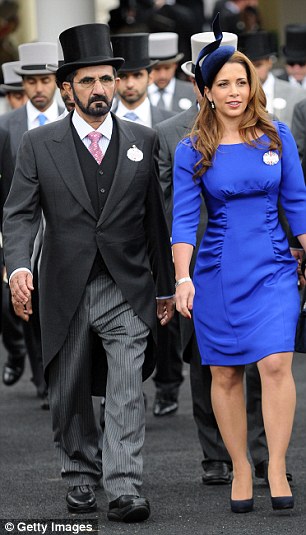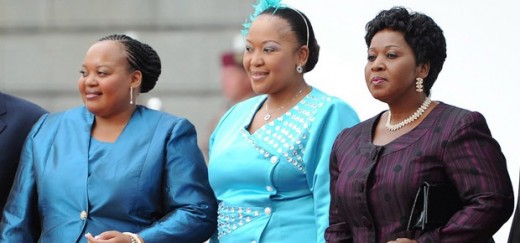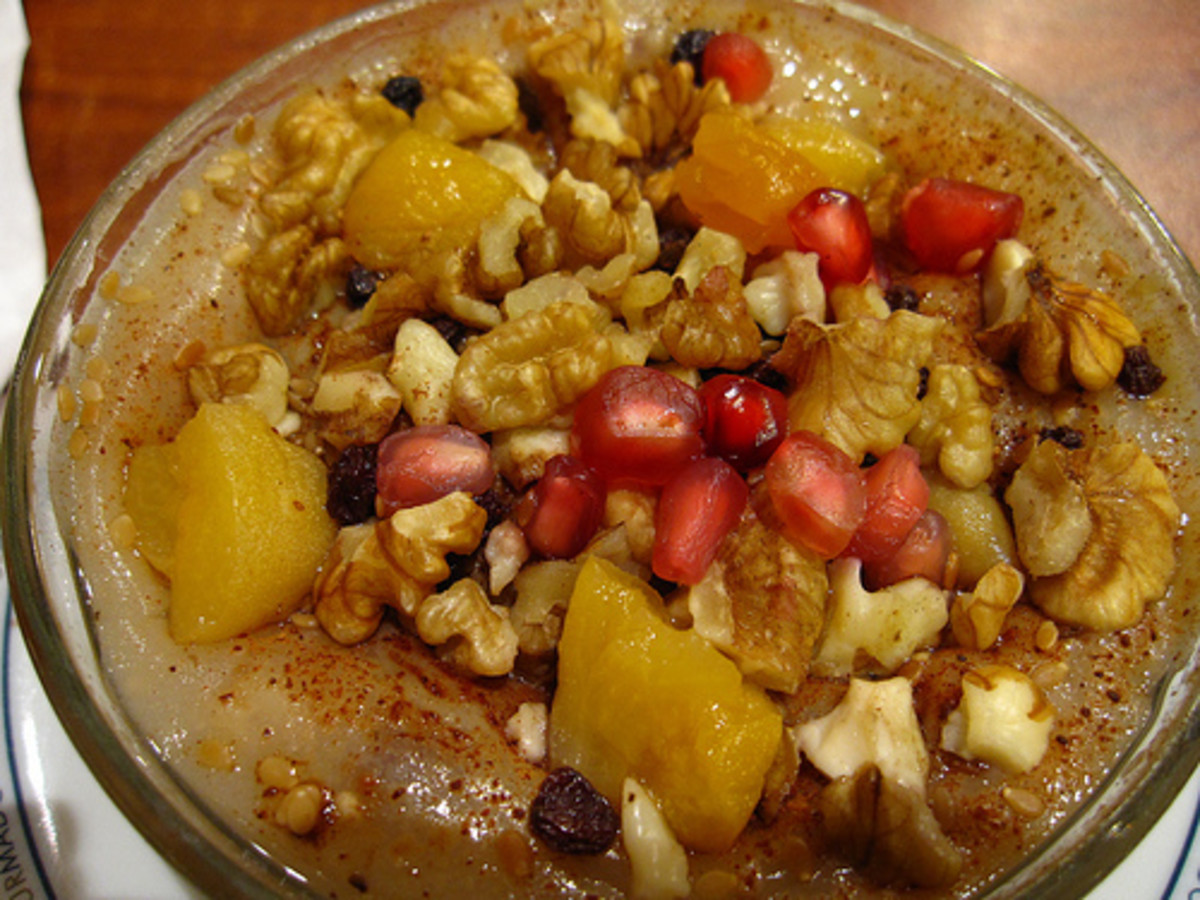Polygamy Women's Choice?


Polygamy, where a man has more than one wife, has its share of critics whether it is outsiders or societies practising it.
Taking multiple wives is protected in constitutions of most African countries under customary law and religion.
For example, the Bill of Rights in the Constitution of the Republic of South Africa provides that: Persons belonging to a cultural, religious or linguistic community may not be denied the right, with other members of that community to enjoy their culture, practise their religion and use their language.
Nigeria is one of the countries that permit polygamy. Although it is fiction, Yoruba movies give a glimpse of family problems in polygamous homes, which are not, by the way, the sole preserve of such homes. The monogamous family unit is also fraught with conflict.
Nigerian movies usually concentrate on what they call the ‘matrimonial home’ and the pull-or-push situation between two wives.
http://nonqaba-cinemamytake.blogspot.ca/2017/02/mobile-phones-and-mathematics.html
African Culture
From what we can detect from these movies, conflict in the matrimonial home stems from authority: authority over the husband, what he eats and wears and family property such as cars or businesses. The family business is a factor because more often than not, men with more than one wife are kings and chiefs or are wealthy.
Societies that practise polygamy because of religion or culture have certain names that denote wives’ hierarchy, with the exception of amaZulu, in South Africa, where women do not lose their maiden names. That is why a man’s wives are known by their parents’ surnames for example: Ma-Gumede, Ma-Shezi, Ma-Cele, Ma-Xaba etc.
In Yoruba movies, the first one is called the senior wife. She is usually the aggrieved one because she used to have all the authority before the arrival of the junior wife.
Although senior wives don’t voice it, they are bitter because co-wives used to be hidden somewhere as mistresses, and were the reason for cracks in the marriage: husband coming home late or not at all, reduced sex, tenderness, respect and money.
Yoruba movies also like the storyline where the senior wife loved the man when he was a ‘nobody’ and she helped him to achieve success or wealth, only to share him with another woman later on in life.

Traditional Family Compound
The situation was tolerable in traditional African societies because wives did not live under one roof.
They were managers of their huts within the family compound, where the husband also had his own living quarters. They also had fields which produced food for their kids. The rest they stored for the winter. Paper money came with white settlers so that was not an issue.
Wives however shared many things: their kids had the husband’s surname, milk and meat from the family cattle and goats, chicken and water from streams or rivers. Kids also grew up in the same compound, played together and shared responsibilities like tending cattle.
Therefore, traditionally, wives did not fight over what happens in the matrimonial home because there was none. They had some measure of autonomy in their individual huts.
This also worked well during the husband’s visit because he would go to a particular hut at night, and not the room next door, as the case would be in a single modern home.
The system of wives having their own huts and fields for agriculture also provided a cushion for when human nature kicked in, and the husband started having a favourite wife, intandokazi, as it is called in isiZulu.
Other wives would get less affection from him, but they were not left destitute because they shared everything in the family compound, especially milk from the animals.
Urbanisation and the migrant labour system where men left their ancestral land to dig gold and diamonds, changed the whole dynamics.
He Cheats On Me
The word infidelity was not known because young men with many girlfriends were held in awe and the language isiZulu has many idioms that praised them. Isoka lamanyala is one of them.
Girls growing up in traditional societies also knew that they will marry polygamous men. The word ‘polygamy’ is even misleading because of its negative connotation.
English takes it out of context. For example, a man with more than one wife has isithembu, and language users in Southern Africa understand its cultural context.
Traditionally, it was not about falling in love. Girls were raised to get married, have children and build homes, not like in construction, but build family units which contained more than one wife.
First Wife Has No Choice
Yoruba movies like the following storylines:
-
Man takes second wife because she is pregnant.
-
Man takes second wife because he and his wife have daughters and he wants a son ‘to continue’ the family name.
-
Mothers-in-law force son to take second wife because first wife doesn’t have kids.
-
Man takes second wife because he is rich and wants a ‘trophy wife’ someone younger or famous e.g. movie star.
Movies tend to be sympathetic to the first wife because she has no control over all four scenarios. Subsequent wives have a better advantage because they know exactly what they want from the man.
Nigerian singer King Sunny Ade has more than one wife. One of them, American born Queen Ahneva Adeniyi Adegeye justified her decision, “Once you see any man, you see polygamy. No African man has one wife.”
British Monarch and Polygamy
The plight of the first wife was under public when Prince Charles and his wife Diana Princess of Wales divorced because of his relationship with Camilla Parker Bowles, who was married to Andrew Parker Bowles at the time.
Camilla married Prince Charles after Diana’s death and is now formally part of the royal household in Buckingham Palace as the Duchess of Cornwall. Various books maintain that Diana and Charles went into the marriage for reasons that were as different as oil and water.
She thought she was marrying prince charming. Buckingham Palace knew that he loved Camilla but had to get married to a single woman who would bear him children, preferably heirs to the throne. Diana, Princess of Wales produced two, Prince William and Prince Harry.
Books do not call the triangle between Diana, Prince Charles and Camilla Bowles a polygamous situation, but it was, with everybody close to the Queen knowing about it.
Women's Choices
Culture or religion is not the main factor in polygamy, but women who willingly become second or fifth wives. Rich couples sign prenuptial agreements (pre-nups) to safeguard their property after the divorce, but there is no pre-nup with a ‘no polygamy’ clause so first wives have no control over the situation.
As long there are women who are happy to be co-wives, there will be polygamy.








